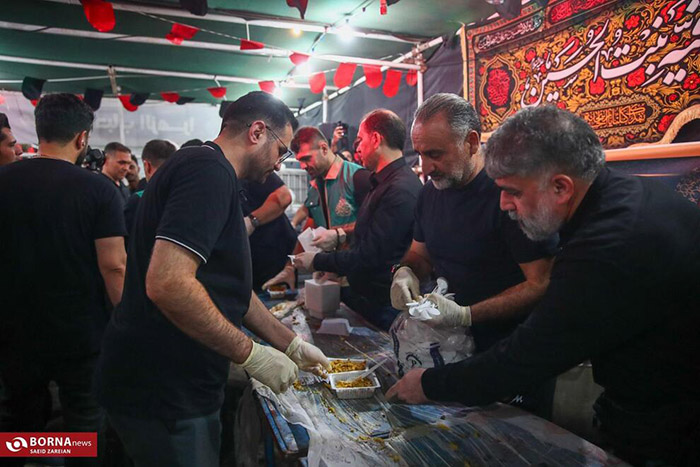The organization has provided logistical support, including transportation, accommodation, and coordination with local authorities in Najaf, to ensure that the athletes can participate fully in the pilgrimage and serve effectively. This support has been crucial in enabling the athletes to focus on their service and spiritual journey, without having to worry about practical concerns.
Conclusion: A Journey of Faith, Service, and Unity
The participation of the “Mohiban Reza Athletes” in the Arbaeen pilgrimage is a powerful reminder of the enduring relevance of Imam Hussein’s message and the universal appeal of the values he embodied. For these athletes, the pilgrimage is not just a journey of faith, but also an opportunity to serve others and to reaffirm their commitment to the principles of justice, humility, and compassion.
In Shia Islam, Arba’in marks forty days after Ashura, which is the martyrdom anniversary of Husayn ibn Ali, grandson of the Islamic prophet Muhammad and the third Shia imam. Husayn was killed, alongside most of his relatives and his small retinue, in the Battle of Karbala on 10 Muharram 61 AH (680 CE) against the army of the Umayyad caliph Yazid ibn Mu’awiya (r. 680–683). The battle followed Husayn’s refusal to pledge his allegiance to Yazid, who is often portrayed by Muslim historians as impious and immoral. In Shia Islam, Karbala symbolizes the eternal struggle between good and evil, the pinnacle of self-sacrifice, and the ultimate sabotage of Muhammad’s prophetic mission.

